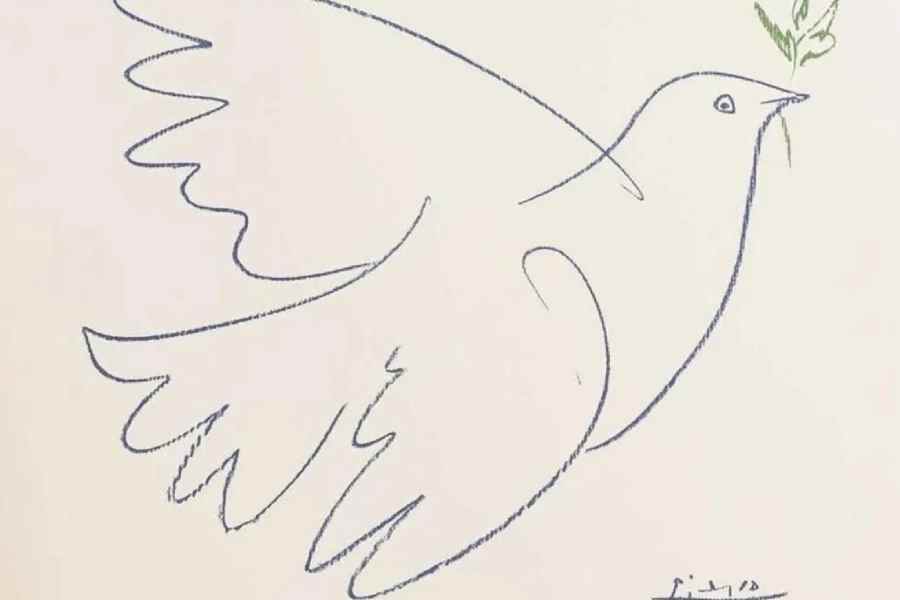Two years after the French president, Emmanuel Macron, famously sat across a long table with the Russian president, Vladimir Putin, to try and persuade Moscow to not go to war with Ukraine, the European leader has taken on a far more bellicose posture. In February, Mr Macron suggested that Western troops could be deployed in Ukraine. And he is not the only one speaking the language of militarisation. As a series of wars roils the world, dividing nations and putting pressure on countries to choose sides, the idea of pacifism as a geopolitical approach has taken a significant beating. Russia’s unprovoked war on Ukraine, Israel’s devastating killings in Gaza, and the growing tensions between China and its neighbours in the South China Sea have been the key drivers of this shift. Broader geopolitical rivalries — these have sharpened in recent years — between the United States of America and its allies on the one hand and Russia and China on the other have also contributed to this trend. And its consequences will be felt by the entire world.
Consequently, pacifist sentiments are on the run. Japan, which adopted a pacifist Constitution after the Second World War, has been weakening restraints on arms exports: this week, Tokyo announced plans to sell fighter jets to other nations. Germany, which until the onset of the Ukraine war was reluctant to sell weapons
to countries engaged in active conflict, no longer has such reservations. In February, Germany’s army chief said that the country needed to be ready for war in five years. Sweden and Finland, both of which have historically been militarily non-aligned, have joined the North Atlantic Treaty Organization as the US-led alliance’s latest members. Meanwhile, Washington and Moscow are struggling to return to talks on arms control — something they had managed to do even at the height of the Cold War. These developments are not necessarily surprising. Throughout history, pacifist movements have come up and been strongest when memories of horrific wars were freshest in the minds of nations and people. Whether it was Ashoka in India after the Kalinga War, Sweden’s acceptance of neutrality in the early 19th century after the catastrophic loss of territory to Russia during the Napoleonic wars, or the rejection of aggression by Germany and Japan after the Second World War, the memories of loss and trauma fed the global pacifist movements. But these memories, along with the movements, seem to be fading with time.
New wars — and powerful arms lobbies — in turn weaken the resolve of leaders to push for peace over war. That is where India and other historically non-aligned nations like South Africa and Indonesia can play a critical role in keeping the flame of pacifism flickering in international diplomacy. Many of them secured independence or freedom from oppressive rule through mostly non-violent methods. These nations understand both the power of pacifism and the limitations of violence. In an unpredictable world, every country must prepare to defend itself militarily. But the world has avoided a conflict on the scale of World War II for eight decades: pacifist foreign policies deserve credit for that. Undoing that legacy could prove to be catastrophic.











